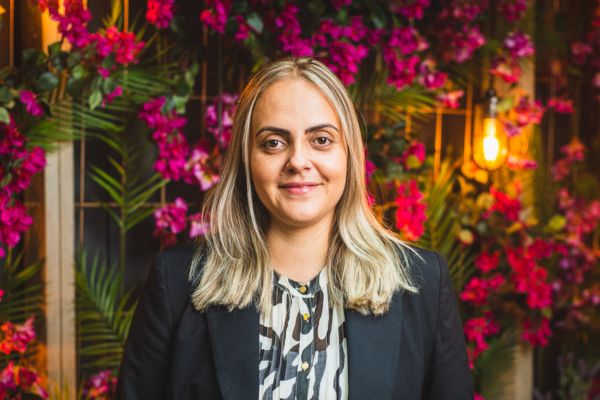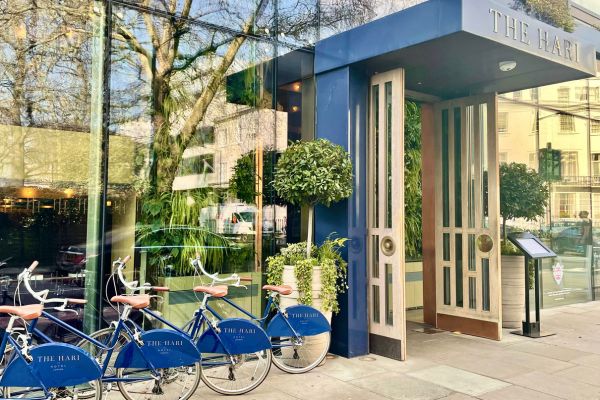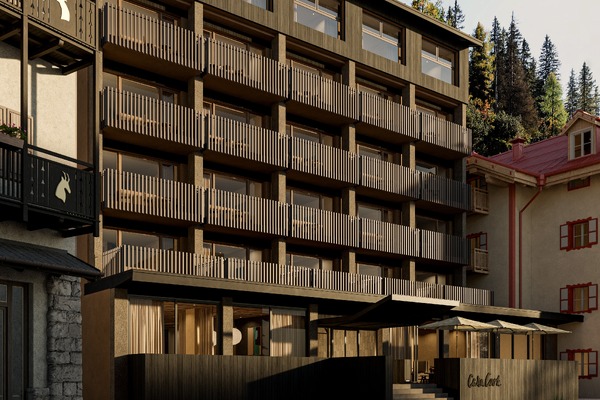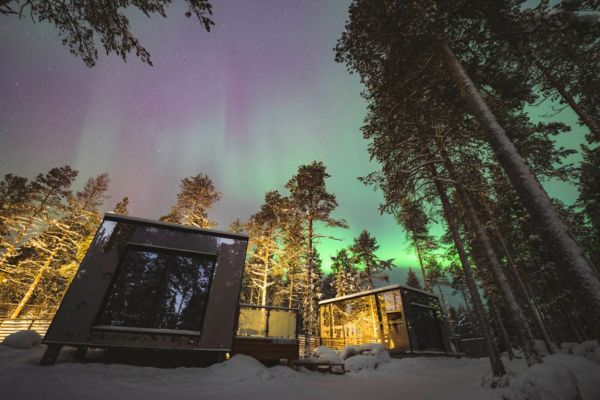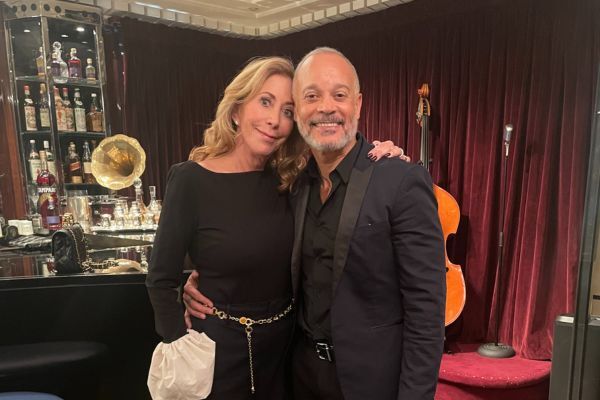How The Hari in London became one of the most sustainable hotels in the world
The team behind the boutique Belgravia bolthole speak exclusively to TTG Luxury about the journey to becoming the seventh most sustainable hotel in the world.
Until recently, The Hari London has been quiet about its environmental credentials.
The Belgravia hotel looks like many in this affluent area – an ivy-covered facade, brass double doors, and delicate signage. It’s equally similar to the neighbours on the inside, offering designer guest rooms, a 24-hour fitness centre and stylish dining options.
But it’s what you can’t see – the well-honed ecological cycle behind the attractive exterior – that makes The Hari a truly unique modern luxury hotel. In April, the property was proud to be named the 7th most sustainable hotel in the world by TripAdvisor’s Travellers Choice Awards 2024, shortly after receiving a silver accreditation by EarthCheck. It also carries a Level 3 badge for sustainability on Booking.com, and is a member of the Now Force for Good Alliance, a collective of businesses dedicated to climate action.
These wins may seem to have come out of nowhere, but the work to achieve them has been a long time coming.
“We never wanted to greenwash, so we didn’t start talking about all of this until we had our accreditation,” Catherine Rushton, marketing and communications manager at The Hari, tells TTG Luxury.
The Hari’s journey to becoming one of the world’s leading sustainable luxury hotels dates back to April 2022, when Angela Montebello was appointed to realise its vision. It didn’t take long for the Brazilian environmental engineer, who also holds a Master’s degree in Economic Business Management, to elevate the property’s eco status.
Within a few months, Montebello had helped The Hari achieve bronze certification by EarthCheck, develop a sophisticated waste management system and refresh its sourcing policies. The changes proved what the hotel had already predicted – that investment in an expert with a ‘100% focus on sustainability’ was non-negotiable for reaching its environmental goals.
“Angela’s role as sustainability manager has been crucial for The Hari’s accreditations and initiatives,” Rushton says. “Whilst as a brand we always valued the importance of sustainability, by investing in a dedicated position, Angela has been able to devote 100% of her time, use her knowledge and skills, and share her passion with The Hari’s team.”
Staff training
For The Hari, the team’s understanding of its environmental ethos is central to effective implementation. All new employees take part in an induction session with Montebello, where they learn about the hotel’s sustainability values and how to implement them within their own roles.
“A key point for this change is training for our staff,” says Montebello. “It may look simple, when we talk about sorting waste - mixed recycling, general waste and food waste, for example – but our staff come from all over the world and have different levels of English, so communication it key.”
Every department at The Hari also has a ‘green team member’, who meet with Montebello regularly to discuss updates and ideas for improvement.
“Sometimes sustainability can be scary with all the jargon involved, so we try to simplify it to make it a bit more fun,” Rushton says, citing examples such as art competitions for staff using recyclable materials to celebrate Earth Day.
The Hari also encourages employees to reduce their own carbon footprint, offering season tickets for public transport and the opportunity to join the Cycle 2 Work scheme. Another popular initiative has been the introduction of reusable cups in the canteen, which employees are welcome to use for their takeaway beverages. Prior to this addition, Montebello says that the company was going through ‘1,000 paper cups every two to three weeks’ from staff alone.
Monthly meetings for department heads, annual training, and a regular internal newsletter are also all held to ensure employees are kept up-to-date on The Hari’s sustainability developments and goals.
Waste not, want not
Montebello has implemented a number of measures inside the hotel, reviewing contracts with its waste management companies and prioritising those who use renewable energy. KPIs are also set for gas, water and electricity usage, which allows The Hari to effectively monitor its carbon consumption and liaise with its engineers to address any issues.
This commitment to sustainability is again evident in its 85 guest rooms and suites; glass bottles replace plastic, and shower flow reducers combat excessive water usage. Old products like rough towels and outdated hairdryers are also donated to charity or staff, and LED lighting has been installed in 80% of the property’s fixtures.
Recycling rates for 2023 increased by 22% compared to 2022, an improvement Montebello attributes to The Hari’s new internal process of sorting and disposing of food waste through composting, which results in energy, biogas, and fertilizer.
Ethical approach
Ethical sourcing is another priority for The Hari, with the company giving preference to Fair Trade and eco-certified products and boycotting the purchase of protected or endangered species. Buying from local suppliers is also important, with the majority of its products and produce coming from the UK, and where possible, from London.
Despite its impressive track record in sustainability, The Hari is conscious about the risk of becoming complacent. “We have to keep on top of trends,” Rushton explains. “Guests always ask us on the phone if we’re sustainable, and those expectations change so often.”
This sentiment is echoed by Montebello, who emphasizes the importance of continuously learning and growing.
“It’s dangerous to think we don’t need to keep thinking about sustainability,” she says. ”The first challenge is keeping the job ongoing, and the second is investment. We need to demonstrate payback, such as the positive effects of spending more money on a certain product or project. It’s important that when we change something, we show that it will have clear results in the future.”
Sign up for weekday travel news and analysis straight to your inbox

Emma Dooney
Supplier Directory
Find contacts for 260+ travel suppliers. Type name, company or destination.
